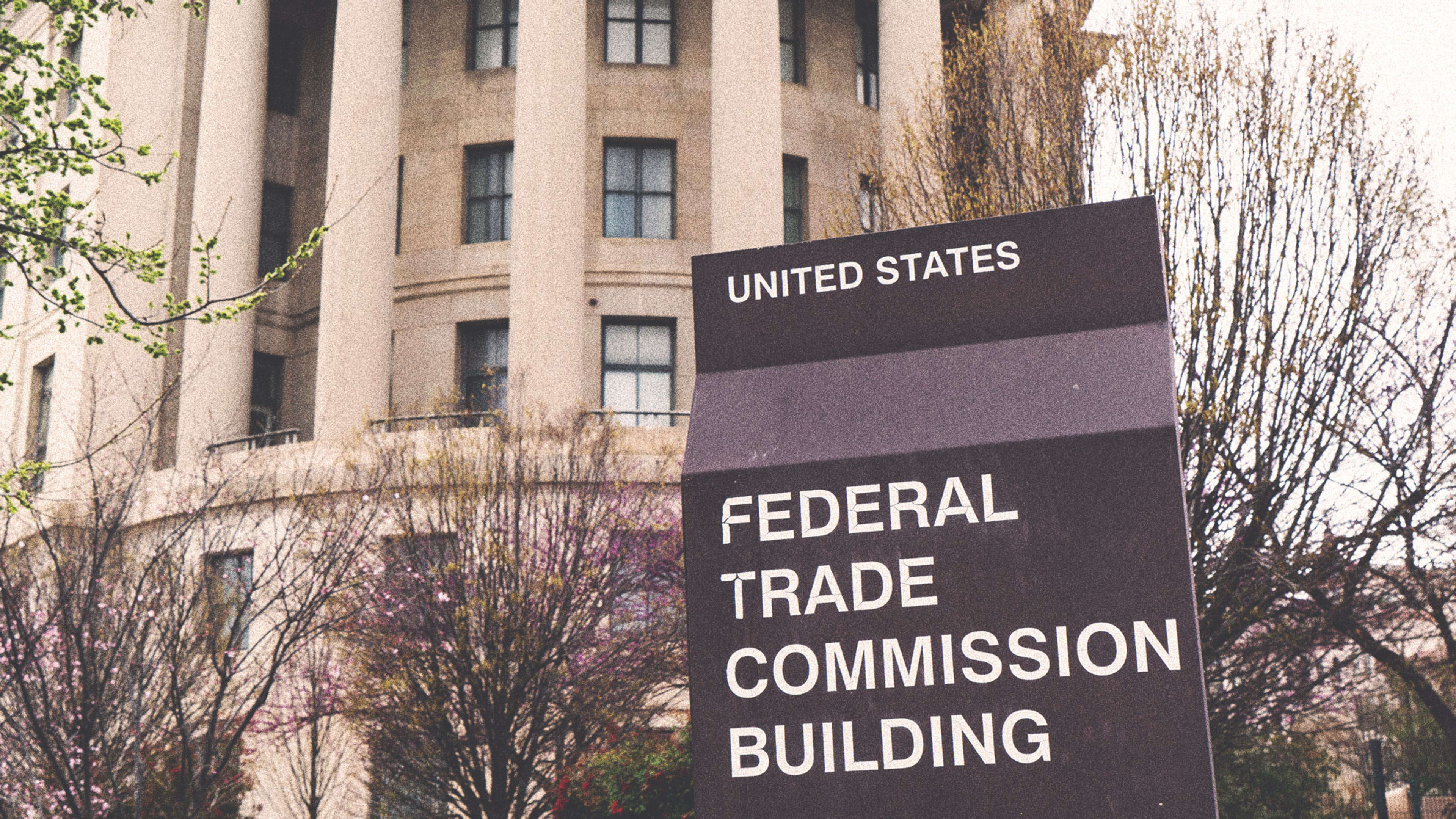Facebook has agreed to pay $5 billion and implement new practices to settle Federal Trade Commission allegations it violated a 2012 settlement on user privacy.
But some privacy experts, including the FTC’s two Democratic commissioners and former FTC chief technologist Ashkan Soltani, suggest the settlement goes too far by effectively exonerating Facebook and its executives for any other prior violation of the order.
6) *HOLY CRAP*: the FTC settlement indemnifies @Facebook for “any and all claims prior to June 12, 2019”
No wonder FB is willing to pay $5B
(Also not a surprise that it was a 3-2 vote)Only a subset of the potential FTC violations reported since 2018 are covered (see the list) pic.twitter.com/zfvlq77Oav
— ashkan soltani (@ashk4n) July 24, 2019
The language of the agreement, as Soltani pointed out on Twitter, resolves “any and all claims that [Facebook], its officers, and directors, prior to June 12, 2019” violated the 2012 settlement. That’s unusual for such an agreement, writes FCC Commissioner Rohit Chopra in a dissenting opinion.
“In agreeing to this proposed settlement, the majority has opted to give Facebook a legal shield of unusual, if not unprecedented, breadth, covering a wide range of conduct not addressed in the proposed complaint or settlement,” he wrote. “This shield represents a major win for Facebook, but leaves the public in the dark as to how the company violated the law, and what violations if any are going unaddressed.”
Facebook didn’t immediately respond to an inquiry from Fast Company. In a statement, the company suggested the agreement—which will require ongoing privacy assessments, including through certifications signed by CEO Mark Zuckerberg and oversight by a board committee—will make its approach to privacy more rigorous.
“The agreement will require a fundamental shift in the way we approach our work and it will place additional responsibility on people building our products at every level of the company,” wrote Facebook general counsel Colin Stretch. “It will mark a sharper turn toward privacy, on a different scale than anything we’ve done in the past.”
It’s far from impossible that other prior violations of the earlier settlement could be uncovered, wrote Commissioner Rebecca Kelly Slaughter in her own dissent.
“Facebook’s course of conduct also strongly counsels against this expansive release,” she wrote. “Hardly a week passes without a news story revealing some potentially illegal conduct by Facebook. To wait to resolve this case until we were aware of the entire universe of potential violations would be to wait forever. To be sure, not all news stories bear out violations upon further investigation. But I do not believe it is appropriate for the Commission to foreclose the possibility of that investigation.”
Recognize your brand’s excellence by applying to this year’s Brands That Matter Awards before the early-rate deadline, May 3.
